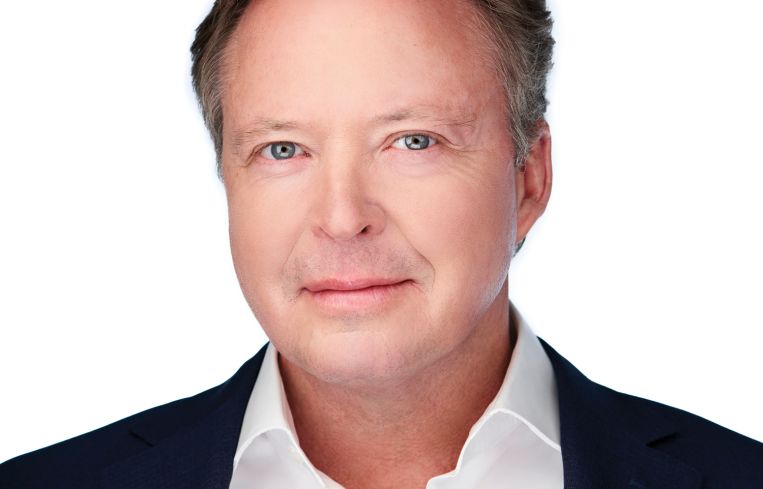ACORE Raises $1.4B For New Credit Facility Targeting Distressed Capital Stacks
CEO Warren de Haan told CO that the fund is looking to invest in top quartile real estate with broken capital structures
By Brian Pascus April 25, 2024 5:27 pm
reprints
Acore Capital, announced April 24 that it closed its ACORE Credit Partners II fund with $1.4 billion in total equity commitments, exceeding the firm’s goal by $400 million. The equity raise is the largest private debt fund to close in 2024 and the fourth largest private real estate fundraise thus far on the year, according to the firm.
ACORE Capital CEO Warren de Haan credited the firm’s 126 members across five offices, and noted that the equity raise is just another indication of the broader shift of capital moving out of the traditional banking system and into private credit and non-bank lenders.
“I’m extremely proud of the team for a true team effort. Raising this order of magnitude of capital in a very difficult capital raising market was a feat,” de Haan told CO. “But the pullback from the banking system, and this interest in private credit, is the story of the day.”
“We are facing this cascade of market opportunity, lending opportunity, because the demand for commercial real estate debt is extraordinarily high,” he added.
Specializing in deploying bridge credit and equity into troubled capital stacks, ACORE has originated approximately $40 billion since 2015. Aside from funding acquisitions across asset classes, the firm specializes in refinancings and funding the purchase of performing loans being sold at discount by traditional lenders in need of liquidity.
“ACORE is at the forefront of the tip of the spear of being a financier of that entire ecosystem, and that’s very attractive for a lot of people,” said de Haan. “But you can’t get there if you don’t have the team and you can’t get there if you don’t have the track record.”
The $1.4 billion fundraise includes a combination of repeat investors and new clients, according to de Haan, who was unable to name specific clients and investors, but said the firm received capital commitments from a mix of sovereign wealth funds, family offices, U.S. pension plans, endowments and insurance companies.
The firm’s Credit Partners II fund was nearly three times bigger than its Credit Partners I fund which closed June 2019 with $556 million in capital commitments.
“By virtue of that it required re-ups of existing investors, and they like what we do, they like our market position, they like our reporting standards, they like our institutional quality asset management,” said de Haan. “There was a larger percentage of new investors just by virtue of the sheer size of the fund and those investors came from various places from around the globe.”
PERE reported that U.S. pension fund investors in the fund include New Mexico State Investment Council, Virginia Retirement System, West Virginia Investment Management Board, and Los Angeles Water and Power Employees Retirement Plan.
De Haan believes that pension plans have become increasingly attracted to investing in real estate private credit due to the higher yield rates that private debt investments are able to generate in the current CRE marketplace.
“Those pension plans are seeking safety, they’re seeking cash-on-cash returns, and whether it’s an up market or a down market, predictability of cash flow is a big deal to them,” he said. “That’s clear from the flows and certainly our investor base.”
De Haan added that the new fund will primarily target investments in real estate projects that are in the top quartile of markets and existing business plans, but are besieged by bad capital structures. He noted that 2021 and 2022 saw the highest origination volume in the history of American finance, but many of those loans were granted as floating rate debt carrying two-year interest rate caps that are now expiring. Not surprisingly, the changing interest rate landscape has scuttled the assumptions of many of those business plans.
“Their cost of capital and the loan is coming due, it needs to be refinanced in one way, shape or form, and we will certainly be there to refinance those situations,” he said, noting that the firm will first look at multifamily, industrial, and hospitality assets. “We are also there to provide mezzanine capital to help bridge some of these business plans to the other side, and the bridge capital will be more expensive.”
Brian Pascus can be reached at bpascus@commercialobserver.com



